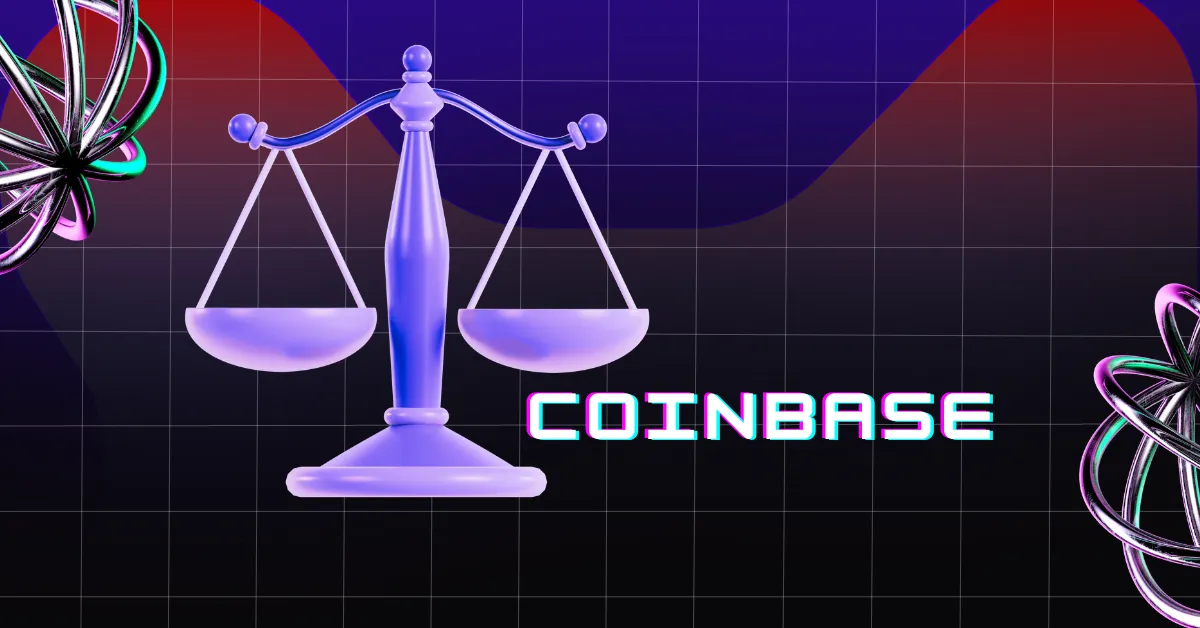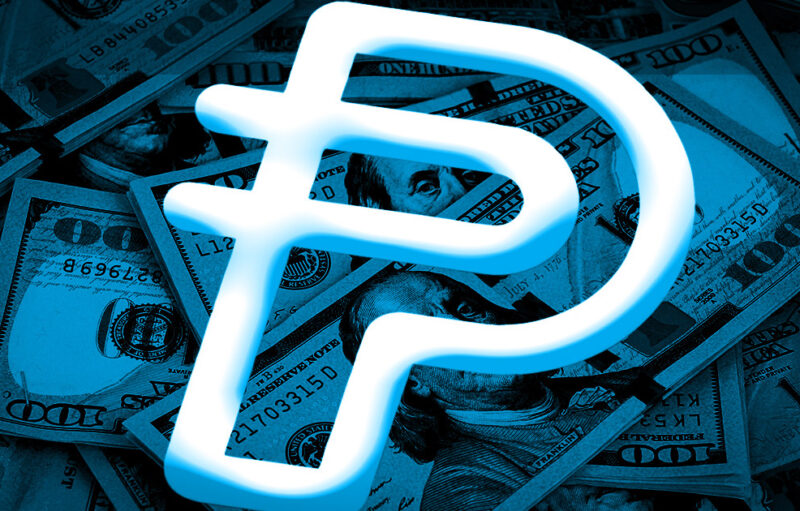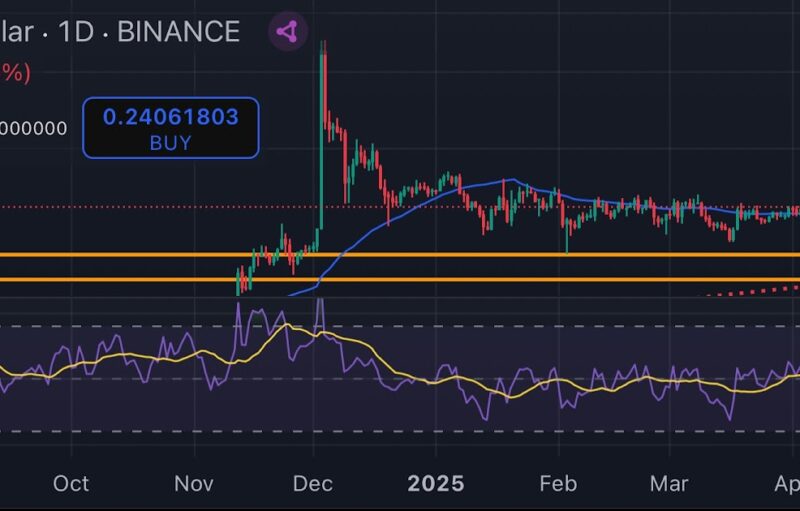
The SEC has recently filed its opposition to Coinbase’s motion to dismiss their case. While Paul Grewal, the Chief Legal Officer of Coinbase, has been vocally critical of the SEC’s approach, the insights from Miles Jennings add more weight to tearing apart the SEC’s arguments.
According to him, the SEC’s theory of an investment contract has “endless breadth,” even if one agrees with their main contention—that investment contracts don’t require legal contracts—the SEC’s case should still fall flat.
Jennings notes that the SEC’s approach uproots the bedrock requirements of the Howey test. For those uninitiated, the Howey test originates from the Supreme Court’s ruling in SEC v. W.J. Howey Co., which essentially classifies an investment contract as a scheme where a person is led to expect profits solely from the efforts of a third party or promoter.
It doesn’t stop there. Jennings warns that the SEC’s current approach could potentially destabilize various sectors of the economy. If everything from oil to Taylor Swift tickets could fall under securities laws, where does that leave traditional markets and consumer behavior?
Regulatory Overreach?
Paul Grewal raises a pertinent question about the SEC’s sweeping claims. According to Grewal, the SEC’s arguments could imply that everything from Pokemon cards to Swiftie bracelets could be considered securities. Grewal slams the SEC for their “regulation by enforcement” approach, disregarding the calls from the 52-million-strong crypto constituency in the U.S. for more transparent and fairer rules.
Last week, founders from over 40 crypto companies joined the ‘Stand With Crypto’ movement in Washington, D.C., to urge legislation protecting consumers and fostering innovation. This call for legislative clarity contrasts sharply with the SEC’s existing approach. It complements the viewpoints of experts like Miles Jennings, who push for a more transparent, rational basis for regulation.
The Core of the Case
The legal battle focuses on whether Coinbase acted as an intermediary in transactions involving “investment contracts,” thus subjecting them to federal securities laws. While the SEC holds that the transactions fulfill the Howey test, Coinbase and Jennings argue that the transactions do not necessarily involve “investment contracts.” They should not be subject to such laws.
With Coinbase expected to file their reply on October 24, this legal battle is far from over. While the SEC appears to remain firm in their stance, the collective voices from the crypto community and experts like Jennings could tip the scales in favor of a more reasonable and innovation-friendly regulatory framework.
The post appeared first on Coinpedia






